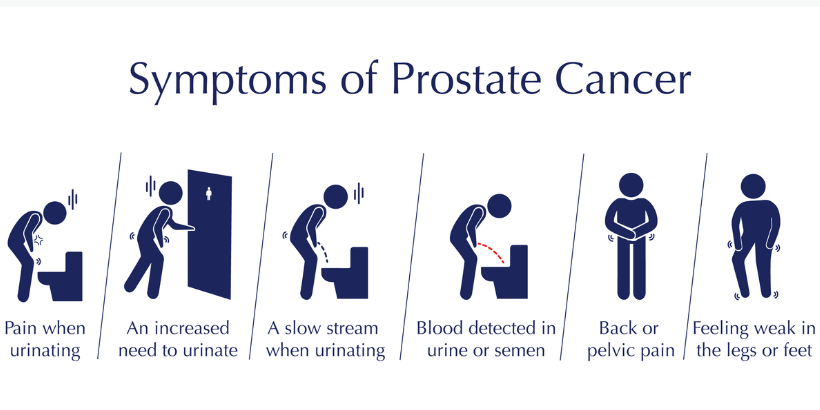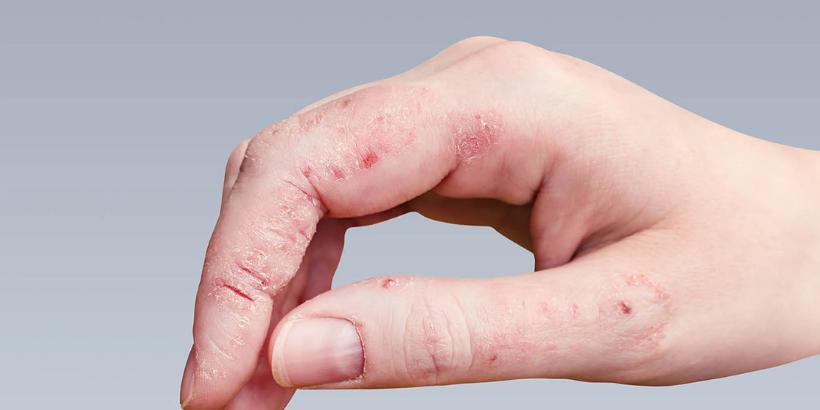This could be Prostate cancer is a type of cancer that develops in men. The prostate is a nut-shaped gland in men, which produces seminal fluid. This seminal fluid serves as the nourishment and transport of sperm. Prostate cancer is one of the most common cancers. In many cases, prostate cancer grows slowly, remains confined to the prostate gland, and does not cause serious damage. But, its other types are aggressive and can spread rapidly. This cancer can be diagnosed at an early stage. Early diagnosis increases the chances of successful treatment. Therefore, it is important to be aware of the symptoms of prostate cancer. What are the symptoms of prostate cancer?
Symptoms of prostate cancer
According to the American Cancer Society, some of the symptoms of prostate cancer can be similar to any other disease. For example, difficulty urinating is often caused by benign prostatic hyperplasia (BPH), a non-cancerous growth of the prostate. However, if you have any symptoms, you should consult a doctor. This could be a sign of prostate cancer.
Early signs of prostate cancer
In early prostate cancer, the patient usually does not show any symptoms. But, in rare cases, early prostate cancer symptoms can be as follows:
- Problems with urination- This includes having a weak or slow urinary stream or a desire to urinate more often, especially at night.
- Blood in urine or semen- This includes blood in urine or in semen.
Symptoms of advanced prostate cancer
In addition to the symptoms experienced in early prostate cancer, patients with advanced prostate cancer may also experience some other symptoms. The symptoms of advanced prostate cancer are:
- Erectile Dysfunction
- Pain in the hips, back or in chest.
- Weakness or numbness in the legs and feet.
- Loss of control over the bladder.
- Weight loss.
- Feeling of Tiredness.
The best way to detect prostate cancer at an early stage is regular screening. Doctors advise people to start screening at the age of 40. Consult your doctor for further advice.
#ProstateHealth #HealthCheck #CancerSymptoms #MensHealth #EarlyDetection #ProstateCare #HealthEducation





